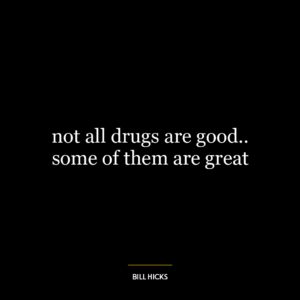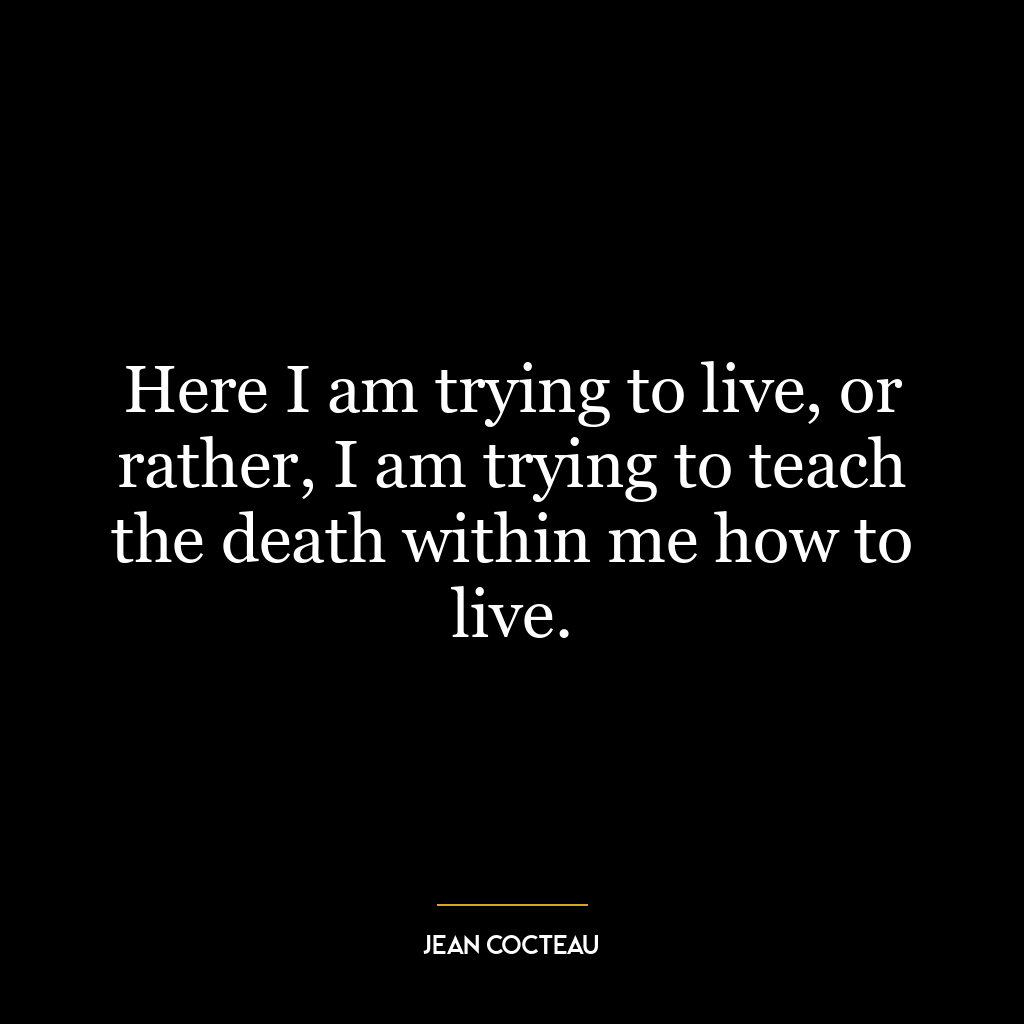This quote, “We all pay for life with death, so everything in between should be free,” is a profound reflection on the human existence. It suggests that the ultimate cost of living is death, an inevitable end that everyone must face. Therefore, the experiences and opportunities within life should be accessible and free for all, without the burden of additional costs.
Delving deeper, the quote could be interpreted as a critique of societal structures that impose material and financial costs on life’s experiences. It could be seen as a call for equality, suggesting that the precious moments and experiences of life should not be limited by socio-economic barriers.
From a philosophical perspective, the quote could be seen as an acknowledgment of life’s fleeting nature and the inevitability of death. It encourages us to make the most of our time on Earth, to live fully, freely, and authentically, without being hindered by materialistic concerns.
Applying this idea in today’s world and personal development, it might inspire us to prioritize experiences over material possessions. It encourages us to value time, relationships, and personal growth over wealth and status. It could also be a call to advocate for social equality, striving for a world where everyone has equal access to opportunities and experiences, regardless of their financial status.
Furthermore, in the context of personal development, this quote could serve as a reminder to live in the present, to seize the day and make the most of every moment, because in the end, we all pay the same price – life with death. It suggests that we should not let financial or societal constraints prevent us from pursuing our passions, learning new things, or forming meaningful relationships. Every experience, every moment of joy, love, and learning, contributes to a life well-lived, a life that is rich in ways that money can’t measure.










